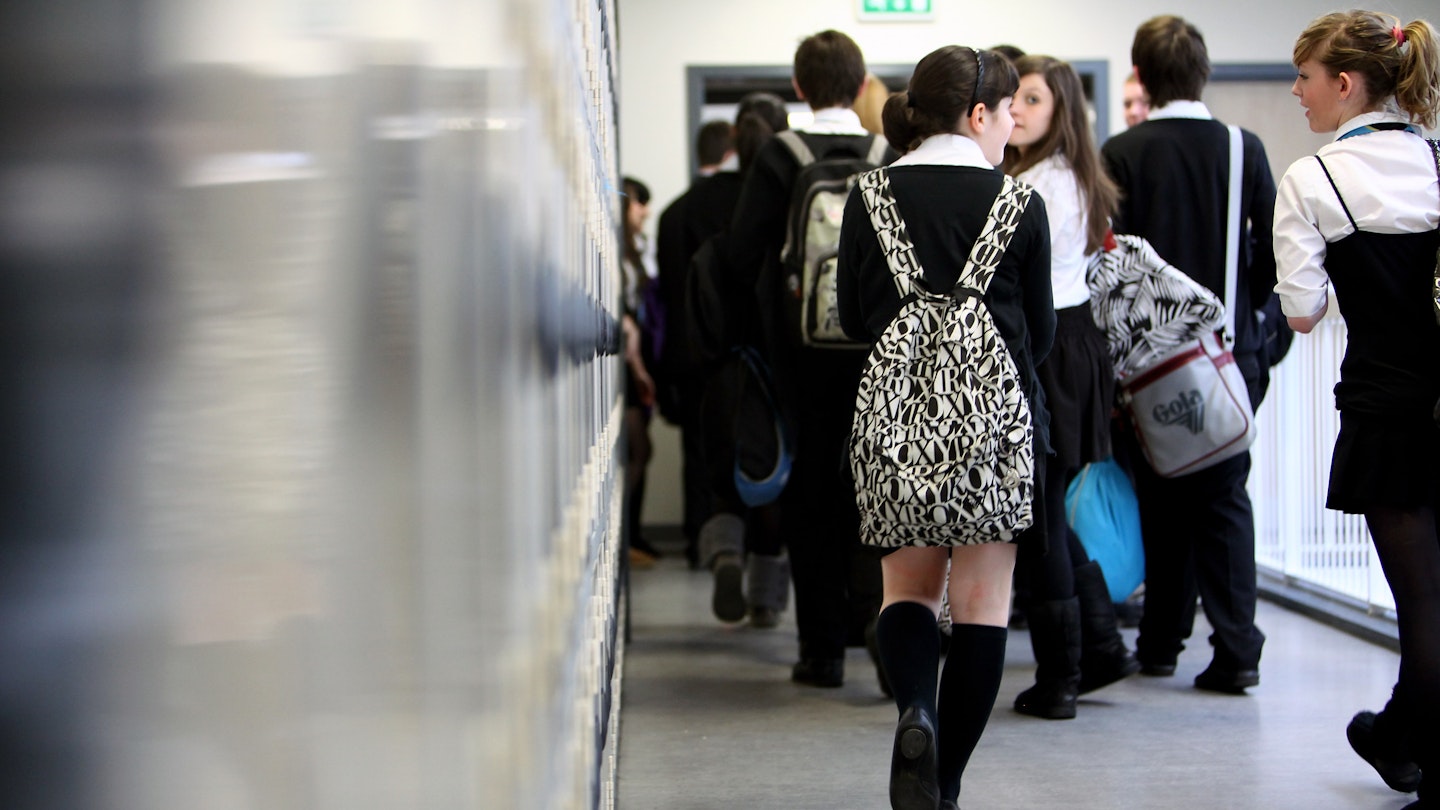Starting secondary school is a huge milestone in your child’s life but it can bring a lot of anxiety with the excitement that comes from newfound independence.
Just as your child hits puberty and their hormones start going crazy, they’re faced with significant changes to their school routine than can be a real shock to the adolescent system.
Think back to your last day at primary school. It was goodbye to friends who are continuing their education elsewhere and your one and only beloved teacher.
The first day of secondary school means new teachers and more complicated rules, making friends all over again and the stress that comes from exams across multiple subjects.
Thanks to The Diana Award’s amazing #Back2School Anti-Bullying Campaign, we’ve got some tips on how to help your child make a smooth transition.

Talk things through
Starting secondary school can be very daunting for an 11-year-old so take your child’s worries seriously and encourage them to be honest about their feelings. Go through each and every concern and come up with solutions together.
At the very least, reassure your child that being scared is completely normal and that their friends are going through the same tough time.
Be positive about the amazing opportunities secondary school presents. There really is a school-sponsored activity for everyone!
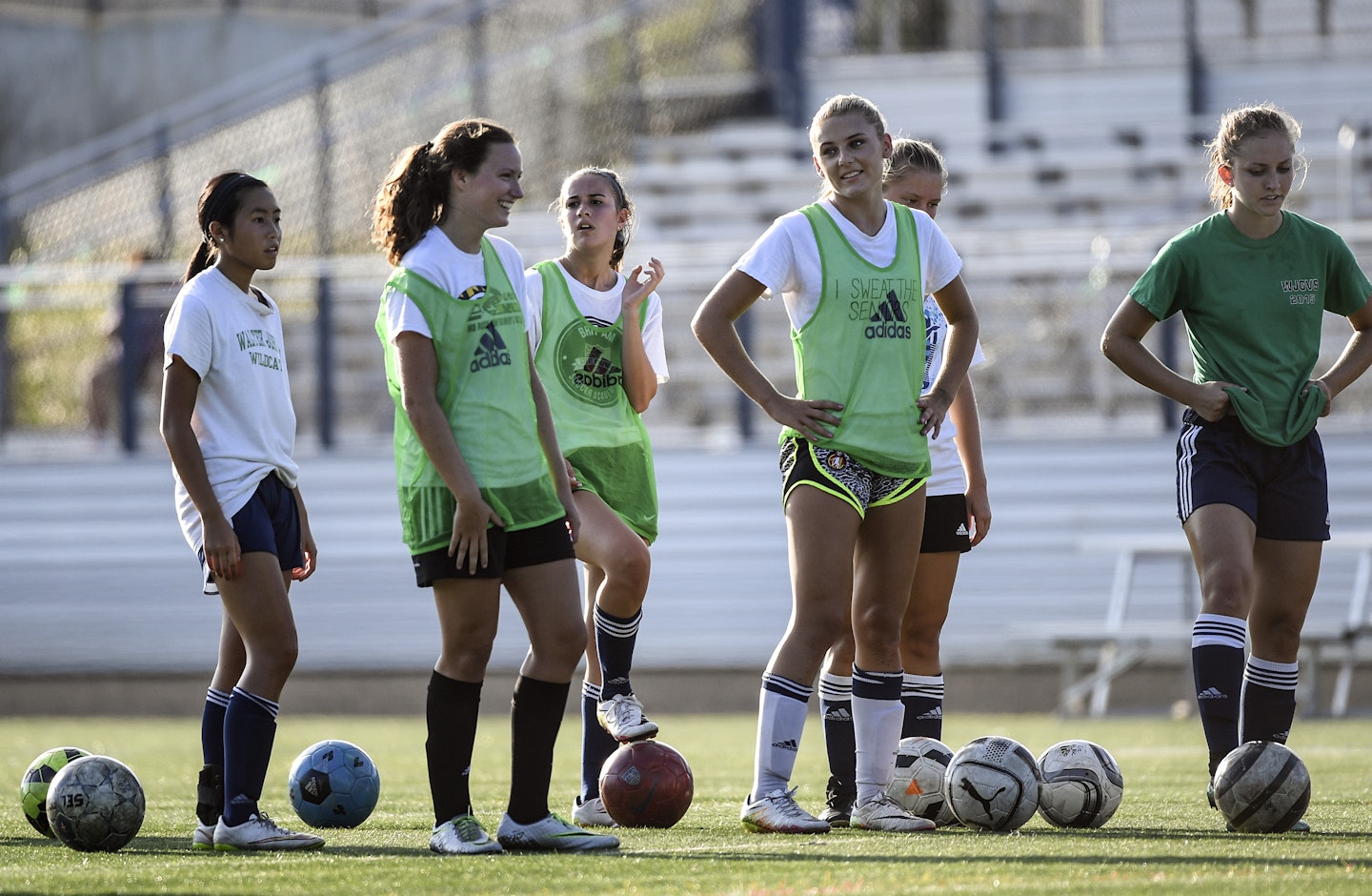
Socialise and make friends
Make sure you attend any open days or school activities leading up to the first day so your child has a chance to see the campus, meet the teachers and some other kids.
Be proactive with other parents and lead by example, particularly if your child is shy. Form What’sApp groups to keep in touch with parents who have the same, local concerns.
Follow the school on social media and encourage your kids to sign up to after-school activities that can help them make like-minded friends.
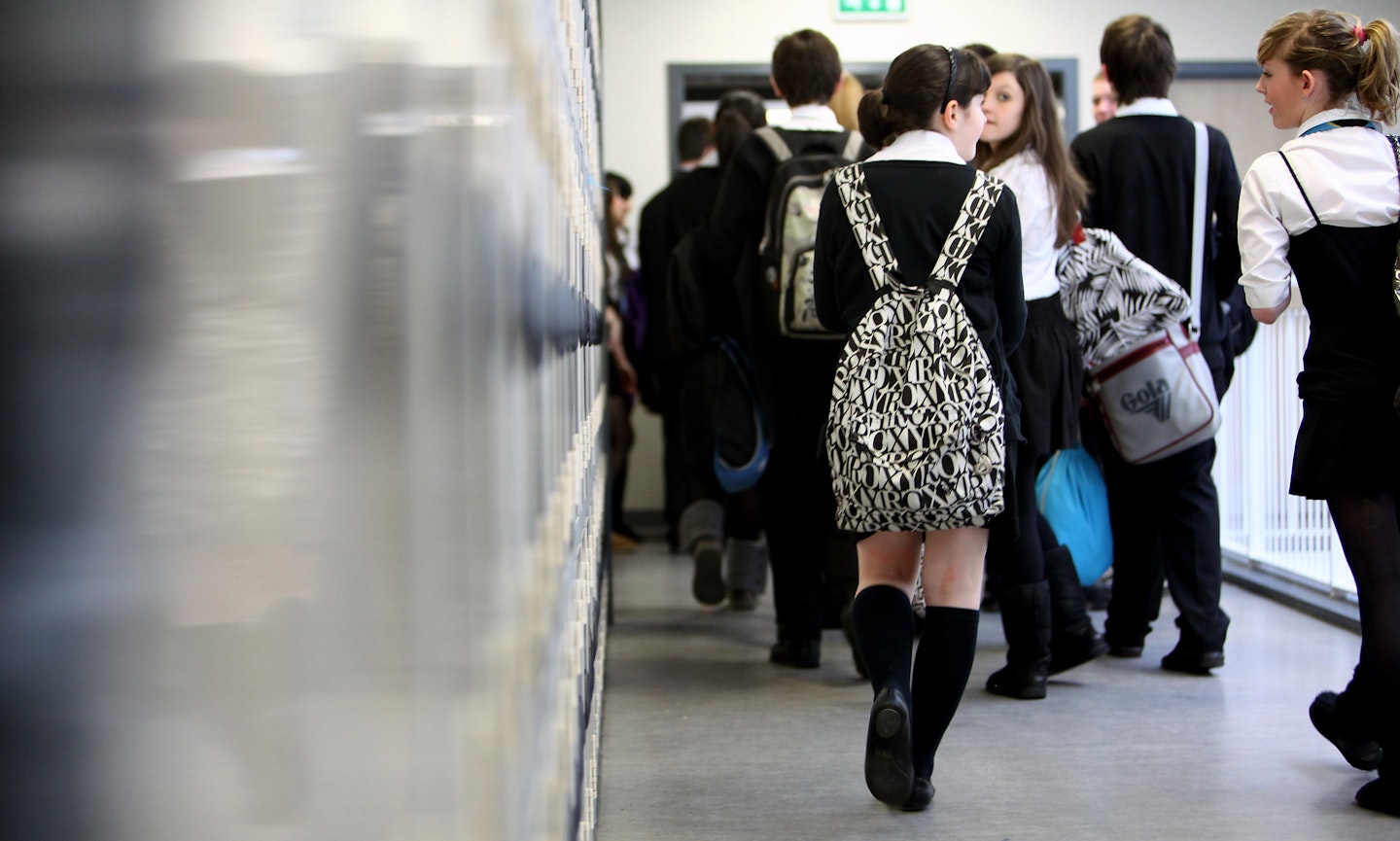
Practice routines
High school kids are notoriously tired ALL the time so cut them a bit of slack if they drag their heels in the first week.
It doesn’t hurt to plan your school day and practice in advance – from when the alarm goes off, to eating a healthy breakfast, donning the dreaded uniform and getting from A to B.
If your child is catching public transport, encourage them to make a train or bus buddy so they’ve got company for the ride.
Build some fat into your own schedule for the first week when essential books and keys are likely to go missing at the last minute. Try to prepare for these inevitabilities by keeping spares of everything critical!
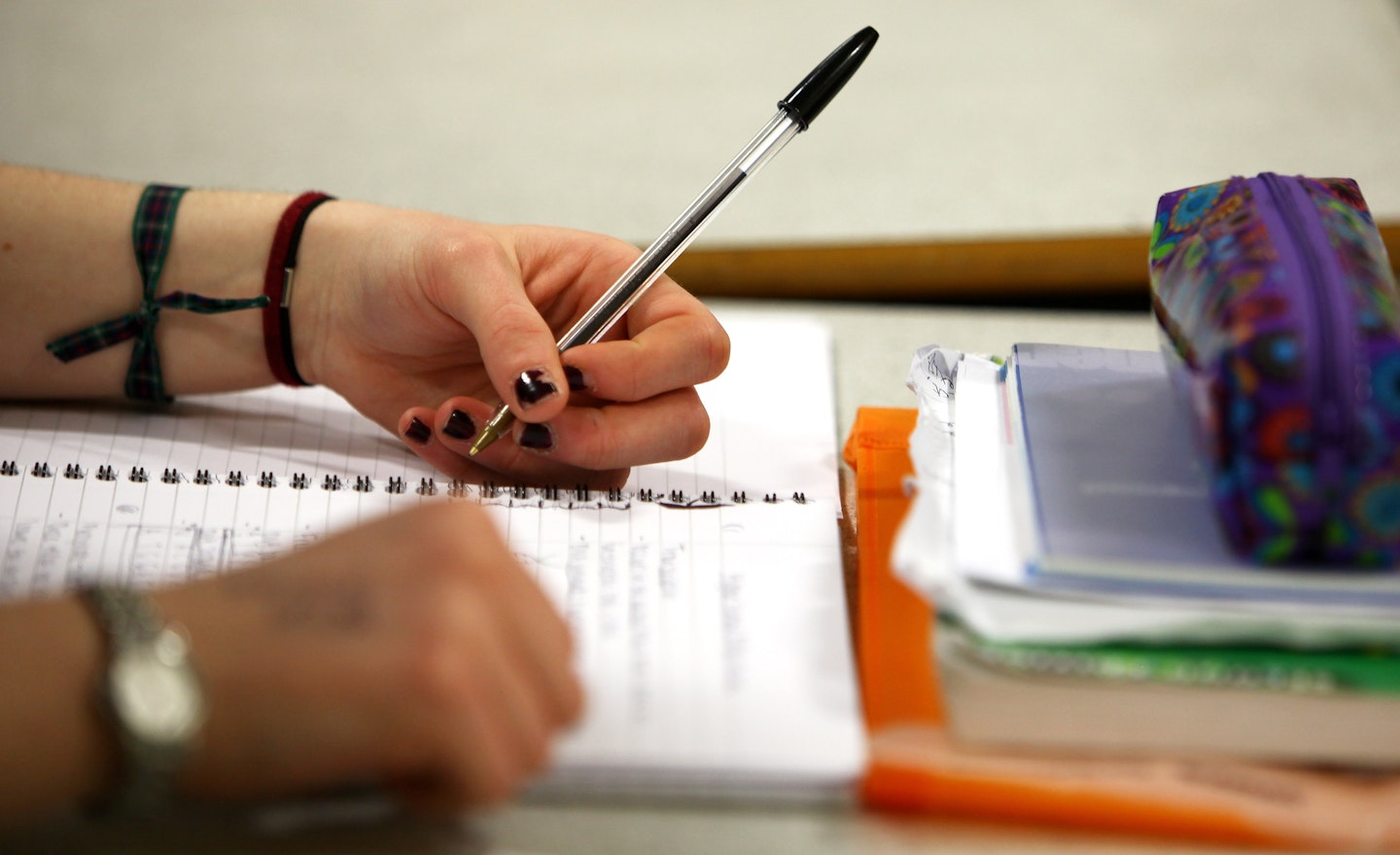
Give regular support
Ask your child for a copy of their timetable and any homework records. Take an active interest in what they’re learning and help where you can.
If possible, make sure someone is home when your child returns from school so they can download on the day’s ups and downs. If you can’t be there, try to chat over dinner or later in the evening.
Plan a celebratory meal for the end of the first week and a half-term holiday so they have something to look forward to (and brag about with new mates).
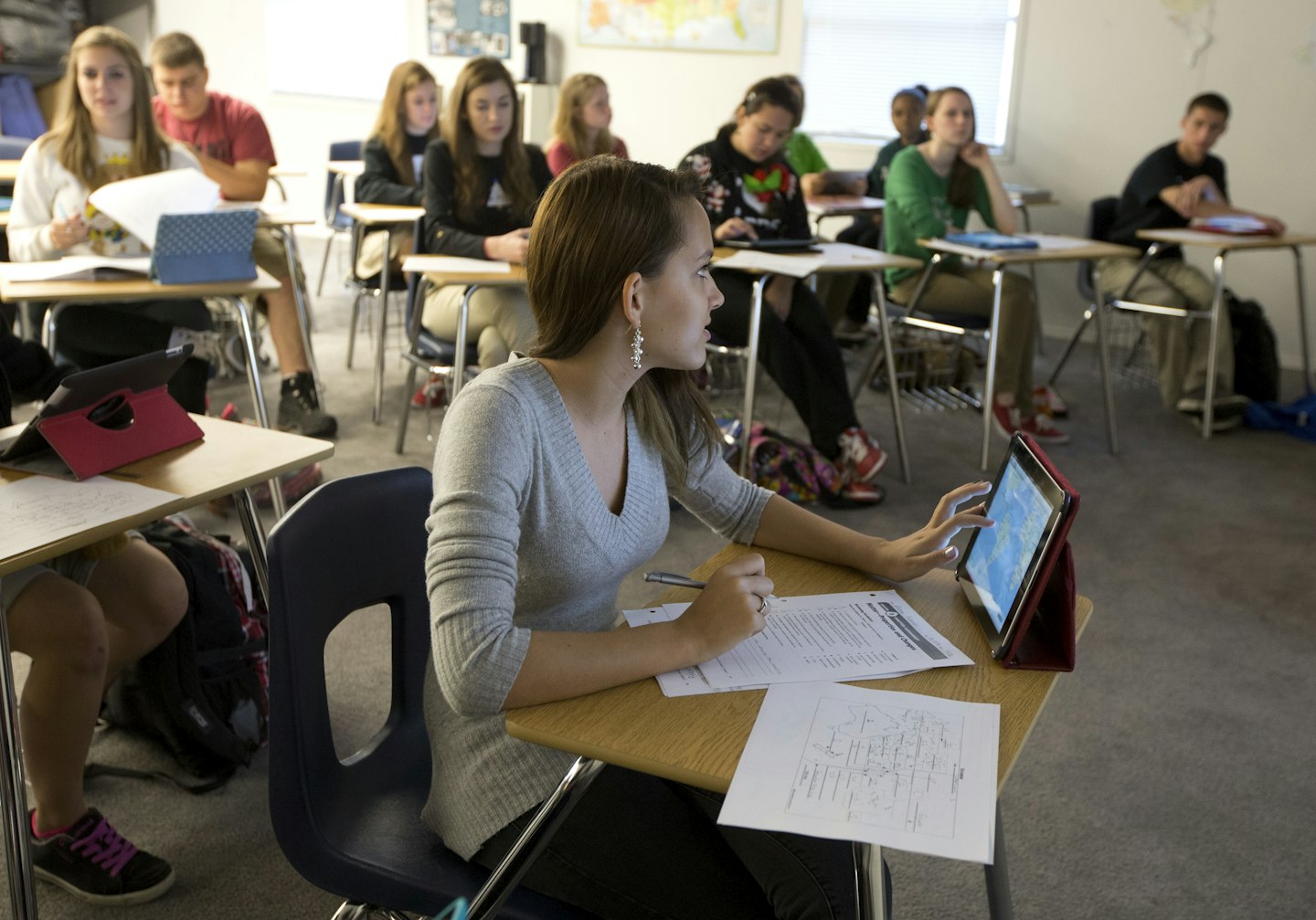
Encourage independence
An 11-year-old isn’t going to be militant about organising their life but secondary school is the perfect time for them to establish a bit more independence.
Ask your child to sort out their own uniform including PE and other sports kit, from making sure it gets washed on time to prompting you for new purchases as their needs change.
Get them to pack their own lunch and have a go at making it themselves if they enjoy cooking and can be trusted to eat an apple over a packet of crisps at least once a week! Encourage them to save any pocket money for the canteen and after-school snacks.
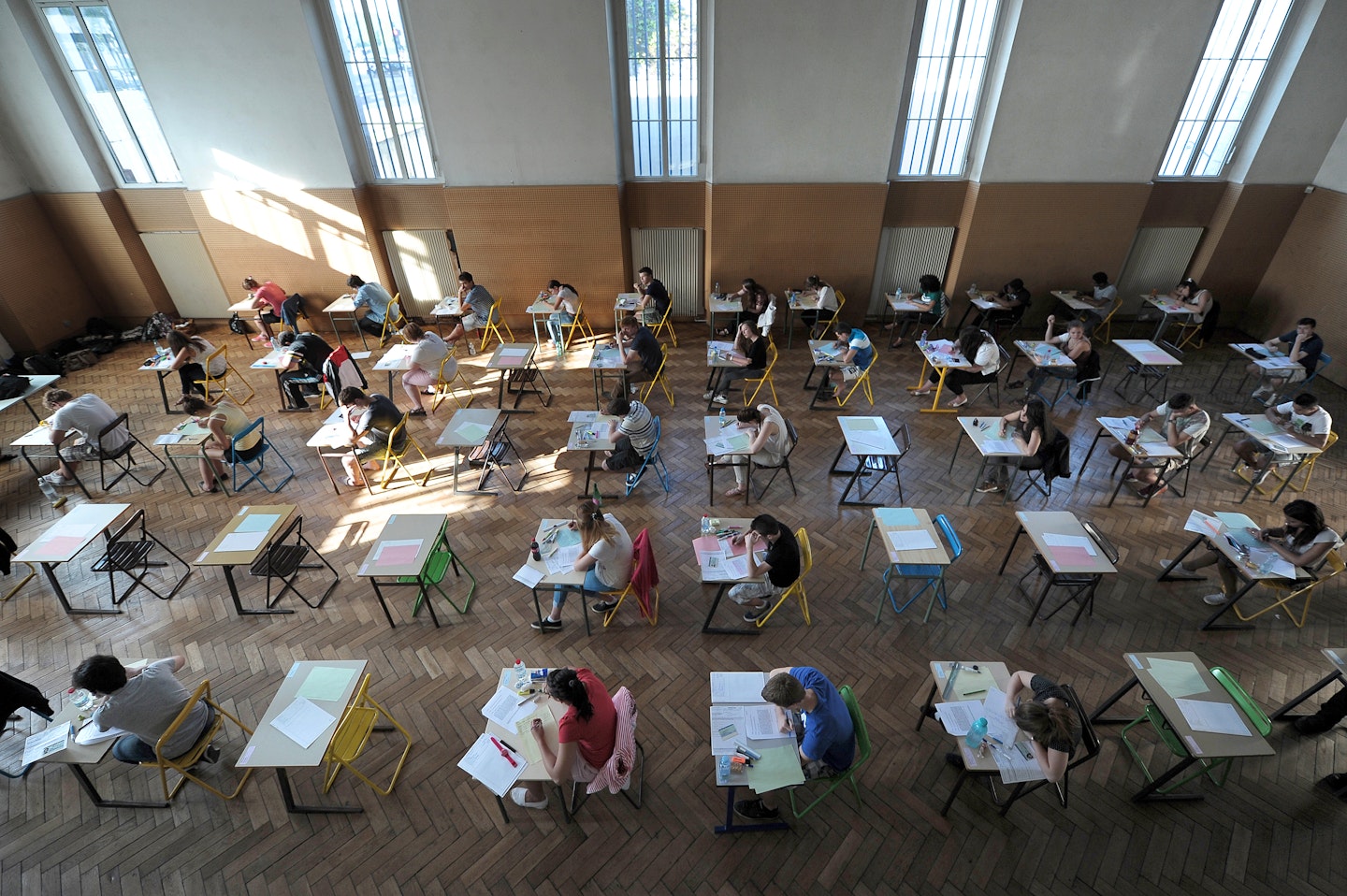
Resolve any problems quickly
Most schools are well equipped to deal with the everyday dramas that come from settling into a new environment. Be considerate towards teachers who are doing their best to keep large classes of adolescents happy.
Just be wary of how your child behaves. Do they appear stressed about the workload or dealing with exams? Are they clashing with friends or failing to socialise? Do you think they’re being bullied or bullying other children? Are you managing their use of social media?
Don’t avoid difficult subjects if you notice significant changes in their personality. Talk to your child about their worries and tackle any problems together and with the school’s support where appropriate.
If your child won’t open up to you, ask an adult relative or close friend to step in so they can offer the advice and support every teenage kid needs.
Get involved with the #Back2School Anti Bullying Campaign by becoming an Anti-Bullying Ambassador. Find out more about their amazing work here.
Is your child heading off to secondary school? Share all your thoughts and worries with us and other parents on Facebook and Twitter (@CloserOnline).
